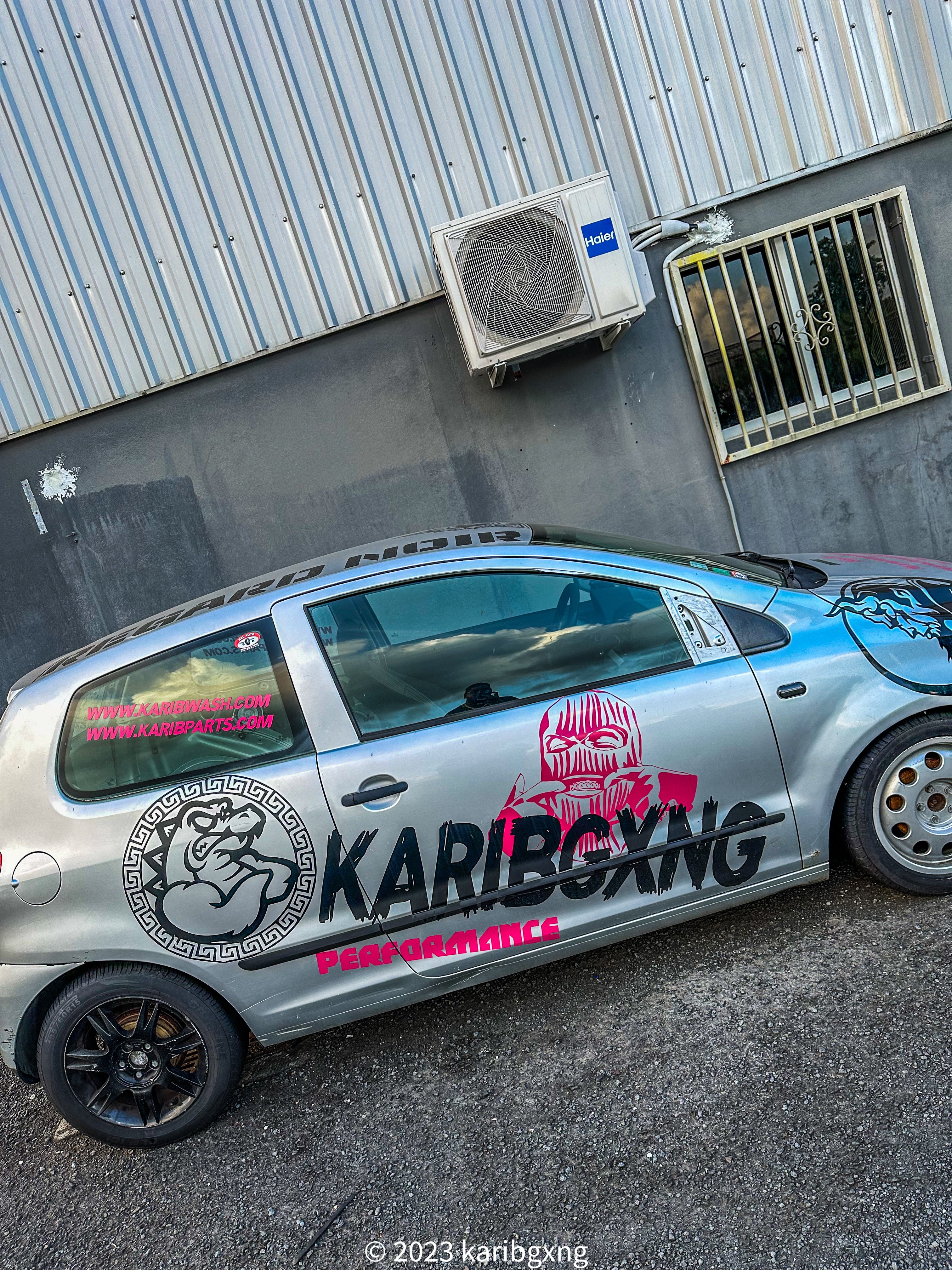The main difference between a turbo diesel engine and a turbo gasoline engine is their operating mode and combustion characteristics. Here are the key differences:
1. **Combustion Mode:**
- **Diesel Engine:** Uses compression combustion. Air is compressed to a very high pressure, which raises its temperature. Diesel fuel is then injected into the combustion chamber where it ignites due to the high air temperature.
- **Petrol Engine:** Works on the principle of spark combustion. The air-petrol mixture is compressed to a lower pressure compared to diesel, then a spark from the spark plug ignites this mixture.
2. **Turbocharging:**
- **In Diesel Engines:** Turbocharging is often used to increase the density of air entering the combustion chamber, thereby improving efficiency and power. Turbocharged diesel engines can operate at higher air-fuel ratios.
- **In Gasoline Engines:** The turbo adds more air and therefore more fuel can be burned, increasing power. Gasoline engines need to maintain a more precise air-fuel ratio to avoid knocking or detonation.
3. **Efficiency and Power:**
- **Diesel:** More efficient in terms of fuel consumption, offering better torque at low revs. They are often preferred for heavy vehicles or for transporting loads.
- **Gasoline:** Tend to have higher maximum horsepower and can reach higher rotational speeds (RPM), making them popular for performance and sport driving applications.
4. **Emissions:**
- **Diesel:** Tends to produce more nitrogen oxides (NOx) and fine particles, requiring more complex exhaust gas treatment systems.
- **Gasoline:** Generally emits less NOx and particulates, but more CO2 and CO compared to diesel engines.
5. **Cost and Complexity:**
- **Diesel Engines:** Are often more expensive to produce due to the need for a high pressure injection system and more robust components to withstand the high pressures.
- **Gasoline Engines:** Are generally less expensive and less complex in terms of combustion system, although adding a turbo can increase their complexity.
In summary, the differences between turbo diesel and turbo gasoline engines are manifested in their combustion method, efficiency, power production, emissions, and the complexity of their design and manufacturing.
When a diesel engine is reprogrammed (often called "chiptuning"), it may produce black smoke, while a reprogrammed gasoline engine usually produces much less smoke, if at all. The main reason is the way both types of engines handle fuel and air during combustion. Here are the details:
1. **Fuel-Air Mixture Richness:**
- **Diesel Engines:** Black smoke is the result of incomplete combustion of diesel. When reprogramming, increasing the amount of fuel injected without a proportional increase in air leads to excess fuel. This excess diesel does not burn completely, creating carbon particles (soot) that are emitted as black smoke.
- **Gasoline Engines:** These engines require a precise air-fuel ratio to operate properly. Even when reprogrammed, this ratio is usually maintained to avoid the risk of knocking and overheating. Therefore, even with an increase in the amount of fuel, the air supply system is also adjusted to maintain clean combustion, reducing the likelihood of smoke.
2. **Combustion Temperature:**
- **Diesel:** Diesel engines operate with higher combustion temperatures, which, combined with excess fuel, promotes the creation of soot.
- **Gasoline:** Gasoline engines have generally lower combustion temperatures and tighter combustion control, which minimizes particulate formation.
3. **Injection System:**
- **Diesel Engines:** Use high-pressure direct fuel injection. When reprogrammed to increase performance, injection of additional amounts of fuel may be less accurate, leading to incomplete combustion.
- **Gasoline Engines:** With reprogramming, the injection system is often adjusted to maintain a balance between air and fuel, which limits smoke production.
4. **Emission Control:**
- **Diesel Engines:** Reprogramming can sometimes bypass or reduce the effectiveness of emission control systems, resulting in increased visible emissions.
- **Gasoline Engines:** Even after reprogramming, emission control systems (such as catalysts) generally remain effective in minimizing smoke and emissions.
In summary, black smoke in reprogrammed diesel engines is mainly due to incomplete combustion of fuel, resulting from an excess of diesel compared to the available air. In contrast, reprogrammed gasoline engines maintain a better balance between air and fuel, which significantly reduces smoke production.


